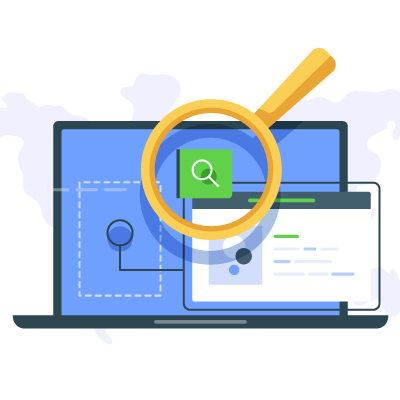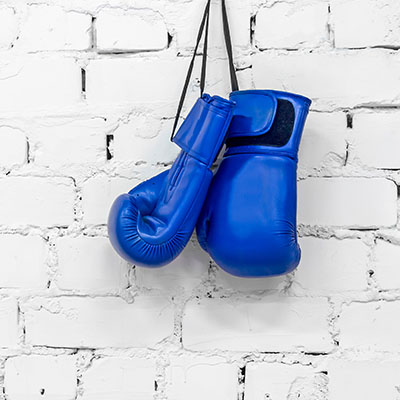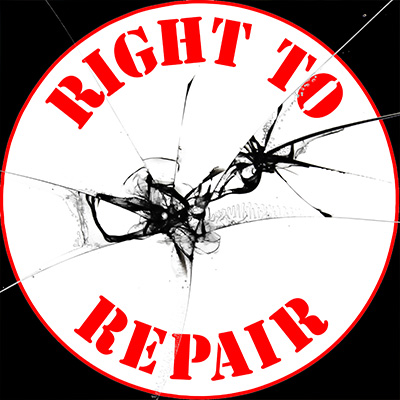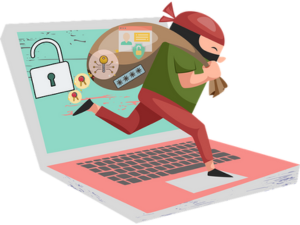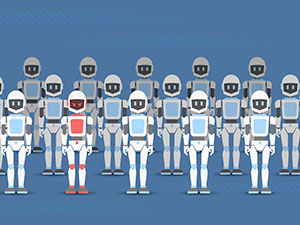Numerous workplace trends have emerged in the past few years, many of which employers are not fond of. “Quiet quitting” is an example of such a trend, where workers will do the bare minimum—nothing more—to retain their employment. More recently, the trend has been to “act your wage.” Let’s look at what this means and how to handle it if you ever encounter it in your business.
Billions of people who find themselves on the Internet depend on the use of Google Search to find what they are looking for. What actually happens when you click on the “search,” though? Today, we want to discuss how the search engine works so you can get a better idea of what goes on behind the scenes.
With artificial intelligence becoming a household conversation starter across the country, it’s no wonder the technology has become a key part of operations for countless entities. It’s used in business, education, civic life, and elsewhere… including the U.S. Department of Homeland Security. How is the US DHS using AI to promote the security of everyday Americans?
January is host to the Consumer Electronics Show, or CES, which takes place in Las Vegas. It’s an opportunity for companies to show off thousands of neat ideas, concepts, and devices, and if you’re a tech nerd like us, it’s total heaven. It’s also interesting to see what trends can be seen and how they might be brought into a business or consumer landscape.
Smartphones are a helpful tool by any measure. Still, with these devices’ widespread use, serious concerns about how they may contribute to certain negative human situations have arisen. Here are some ways smartphones can be seen as having a negative effect on people and society.
For the past six months, the social media giant Meta (AKA Facebook) has attempted to take advantage of the perceived instability at X (AKA Twitter) and create a microblogging community in the same vein, called Threads. Today, we thought we would take a look at Threads and how it is similar to X, and how it aims to pull users away from the microblogging giant.
In our rapidly evolving society, very few things are as they once were. One thing that feels a lot similar to the past is the Christmas holiday. Sure, it’s more commercialized than ever, but by-in-large many of our holiday traditions stay the same. People make a point to get together and exchange gifts and eat too much; and they tend to do this every year.
Right to Repair has grown from a simple philosophy to a legitimate movement, with numerous states legislating measures to boost the rights of the consumers and businesses who ultimately pay for and use different pieces of technology every day. Let’s take a few moments to evaluate where the movement stands currently, as well as review what the right to repair would mean for businesses.
Many people trust the contacts in their Microsoft Teams profiles and may immediately click any link they receive from what they think is a trusted contact. Hackers can exploit this trust by developing profiles almost identical to departments within their targets’ employment framework. Using these compromised accounts, hackers can send malicious software and put your business at risk.
There is one extremely common threat to our security that nearly everyone has witnessed but hardly anyone talks about – bad bots. These silent attackers are often thought of as annoying spam accounts posting computer-generated comments online. They are so common that most of us tend to scroll by them without noticing, but in reality, bad bots are much more dangerous, particularly for business owners.
- 1
- 2


